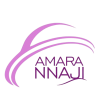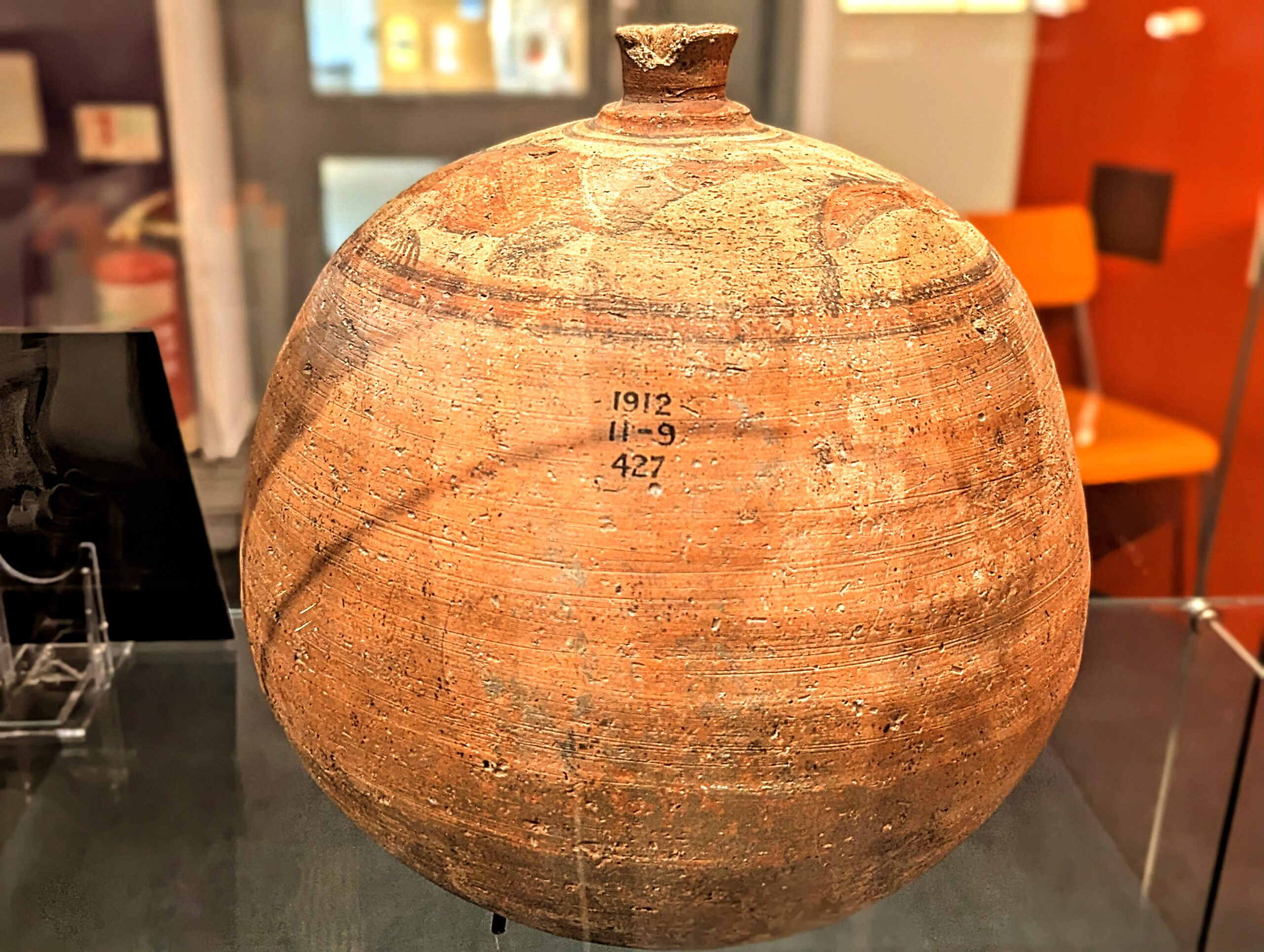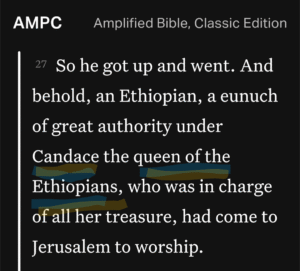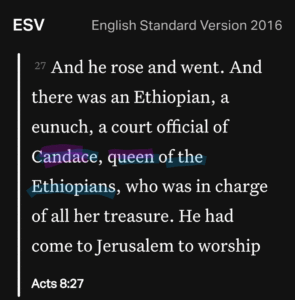Finding My Audio Power
It was Cancer who introduced me to audiobooks.
Alright, let’s rephrase that; Chemo fog forced me to start listening to books. Something I detested prior. That introduction has become a blessing for my mental health.
Meeting Zeinab
One of the great books I listened to this year is AN AFRICAN HISTORY OF AFRICA. Written by BBC’s Zeinab Badawi who is a British of Sudanese extraction.
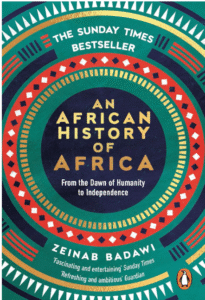
Highly recommended.
I highly recommend you get this for your children even if you will not read it.
She began by reminding us that the history of Africa, as the world knows it has been mostly told by foreigners.
The book breaks down the atrocities committed by the colonialists (Arabs, Spaniards, Dutch, English, Portuguese, French). Who came selling us religions to hide their real intent of buying slaves.
That was where I learnt that Biblical Moses’ wife, Zipporah was a Sudanese. And those were the Kushites of the Bible days.
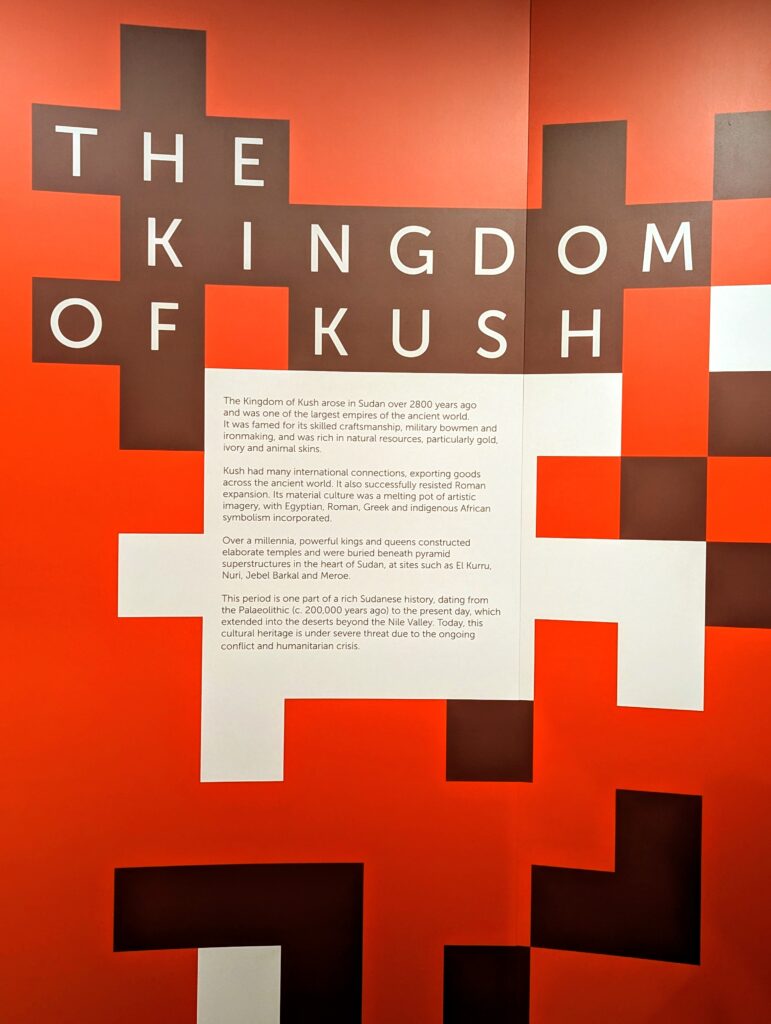
As seen at Portsmouth Museum
The Portsmouth Showcases
My listening to it coincided with the period when Portsmouth museum was displaying Sudanese History in April. And when I got there, the curator was quite impressed by my uncommon knowledge.
That was also why when I saw the captured Ivory Tusk from Benin City, Nigeria at the Naval History Museum, I could hold an informed conversation with the curator.
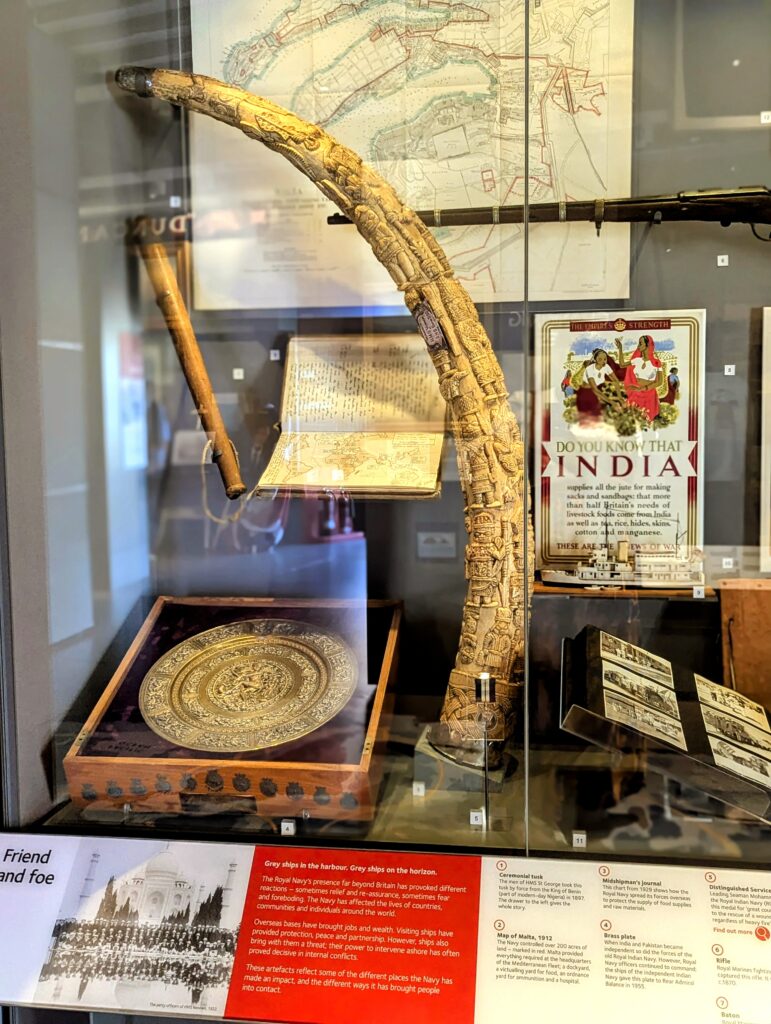
Benin Ivory as seen at the Portsmouth Naval Museum in Portsmouth
African Women as Rulers
In that book, Zeinab exposed how women held pride of place as rulers in Africa. From the empires to the kingdoms throughout Africa
The metamorphoses of tribes, languages, peoples and cultures[I saw why the Arabic language is interspersed in both Kiswahili and Hausa].
From the Nder women of Senegal to Njinga of Angola, to the Egyptian queens, the Nubians, to the West Coast, she kept it engaging
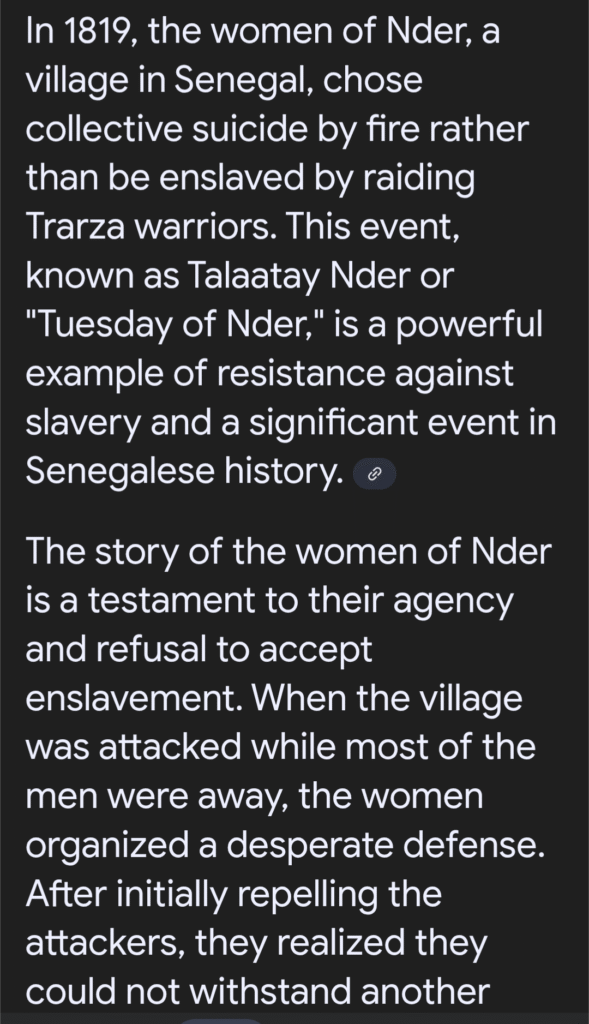
Credit: Copilot
and for me, brought it back home with Amina, Morèmi and the Aba women riots. A history I am conversant with as my maternal great grandmother was an active participant with her photo displayed at the Lagos Museum.
I learnt of the incursion of Islam into Africa. Although, I knew that the Omani Arabs enslaved Zanzibar, she delved further into the cloves and pearls of the Spice Island.
Queen of Sheba, Solomon and their son Menelik who became the first Ethiopian emperor down to Halie Selassie
Mansa Musa, Shaka Zulu, Oba Ovonramwen, Prempeh the Asantehene and the accompanying history of brutal savagery, military force, imprisonment, exiles, coup plots or outright death deployed by the slave traders in each coast
Anyway, that was where I learnt that Ethiopians called their queens ‘Kandake’. Imagine my surprise when she stated that was what the Latins morphed into the name Candace!

The Informed Power of Comparison
And because of that knowledge, when I read this verse again today, something clicked. a bulb went off in my head.
Isn’t it funny that I have read this bible story from childhood yet like the Ethiopian government official, I could not comprehend what I read until someone who knew, broke it down for me?
And armed with that knowledge, I was able to compare versions and see for myself
What if I did not know what to look for?
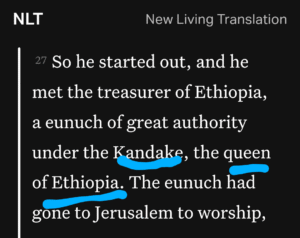
Some didn’t even bother to give the name nor title but took it out completely.
Before I read Zeinab’s book, the name did not mean a thing. But afterwards, it enriched my understanding of that story. I now have the privilege of comparisons. 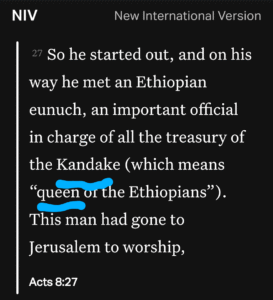
As a church child who thinks she knows the Bible that much, it took reading Middle Eastern authors to gain a deeper understanding of Bible lands and cultures. And to see how my knowledge of the Hausa culture tied in to theirs.
Those books have enriched my knowledge of the Bible so much. I now understand those skeptics back home (we called unbelievers) who confidently assert that the Bible is a history of their own homelands.
I mean, imagine I, a Nigerian Christian who has never seen a pomegranate nor fig, arguing the Bible with a middle-Easterner? One who probably descended from a generation of farmers with groves of olive, pistachios and pomegranates in their lineage?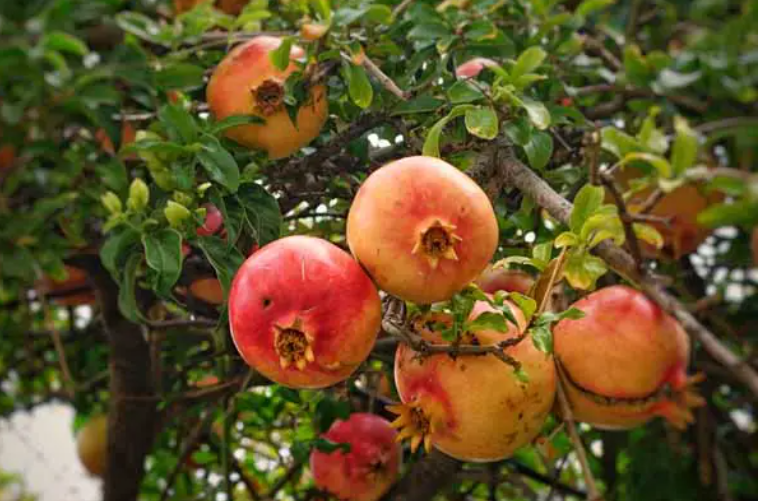
Which of us would have a clearer picture of the fruits that Joshua’s 12 spies brought back?
Or sitting arguing with a Jordanian about the story of Ruth and Naomi without knowing that Moab is now Jordan?
What of the Lebanese who taunts you about not knowing history? Someone for whom the ‘cedars of Lebanon’ is not merely a bible story but his present realities?
Someone whose village is named Sarepta while for you, Zarephat is merely a bible story?
This then, dear reader, is where the danger of assumptions and narratives comes in.
What you do not know limits your interactions with your world.
How else can you challenge assumptions if you do not know the basics?
How will you know if you are intolerant of counter views?
worldviews are defined by the boundaries of our knowledge.
And until your prism widens, you will keep swallowing what you are being force fed. Or worse still, believe that what you know is all there is to know.
#AfricanHistory #ColonialLegacy #HiddenHistories #UntoldStories #DecolonizingNarratives
#FragmentsOfTruth #NarrativePower #HistoricalBias #ReclaimingHistory #IncompleteNarratives #CultureAndIdentity #TruthInHistory #HistoryMatters #StorytellingForChange #LessonsFromThePast #HistoryBuffs #EducationForAll
Discover more from Adventure. Writing. Impact.
Subscribe to get the latest posts sent to your email.
